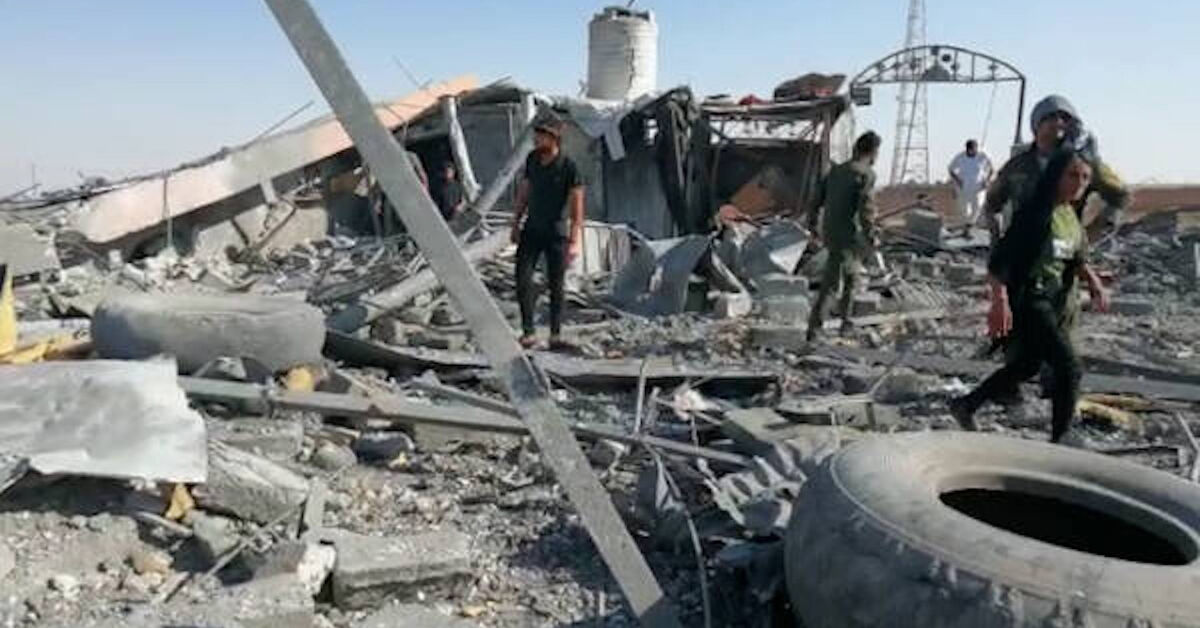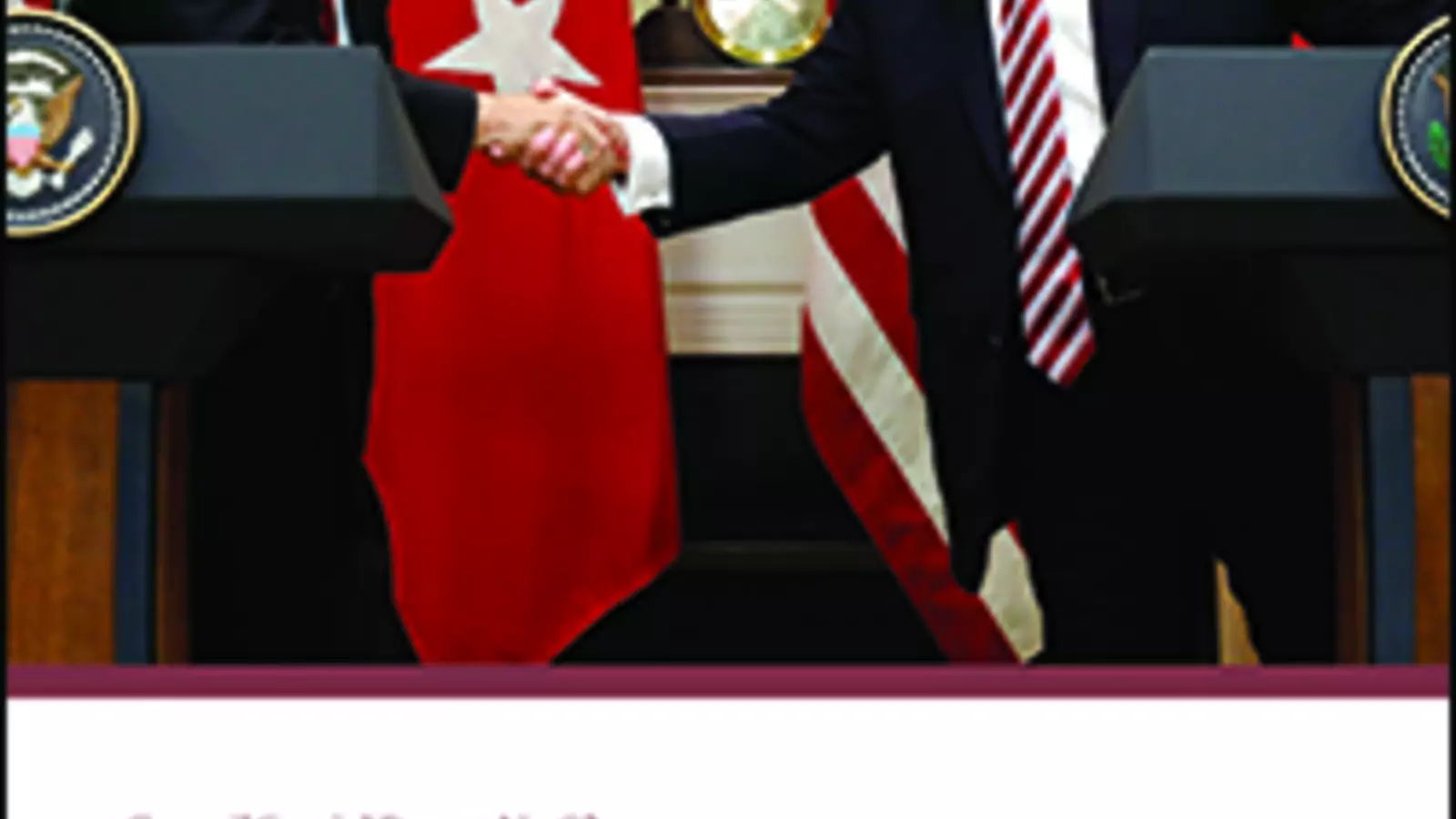In 2014, the terrorist group ISIS attacked the city of Shingal/Sinjar in northern Iraq, killing or kidnapping nearly 10,000 Yezidi inhabitants. Many of the thousands of girls and women that ISIS took into sex slavery are still missing. Why did no one come to the aid of Yezidis in 2014, and why is no one helping them now?
In a word, it was likely due to the strategic importance of Shingal to countries in the region, and the alliance between some of those countries and others who could have helped. Located close to the border of Syria and Turkey, all countries in the region would benefit from controlling or influencing Shingal — but none more than Turkey. That Shingal is independent and inhabited by non-Arabic Yezidis makes that hard.
The issue for Turkey is not principally the Yezidis, but the Kurds. The Kurds in Turkey have long struggled for their cultural and civil rights, which have largely been denied them, and Turkey has been engaged in a decades-long effort to fully subjugate them and to cut off their connections to Kurds in neighboring Syria and Iraq. Turkish President Recep Tayyip Erdoğan has been intent upon limiting the possibility of Turkish Kurds joining the Kurds of neighboring countries in forming a greater Kurdistan. The location of Shingal close to the Syrian border allows for greater interdependence between the Kurdish forces in the area (the PKK) and Kurdish forces in Syria, an alliance that Erdoğan sees as a threat. If Turkey controlled Shingal, it could control the Iraq-Syria border and the roads to Iraqi Kurdistan, minimizing the connection between Kurds in Turkey and those in Iraq and Syria. Turkey could then easily take the land controlled by the PKK, which is active primarily in the border areas at present. But Turkish control of Shingal would necessitate removing the Yezidi inhabitants, who have a good working relationship with the Kurds.
Also, many countries in the region have common interests with ISIS, who have waged a general genocidal campaign against Yezidis. Yezidis are not Arab, and some countries support the ISIS Islamization campaign against them and other non-Arab groups. Some also support the effort to control Shingal and the borders. The alliance between America and Turkey also likely made the US reluctant to aid the Yezidis in Shingal. The US holds a significant strategic nuclear base in Turkey, and Turkey has previously been a hedge against Russia (though that balance is changing).

















